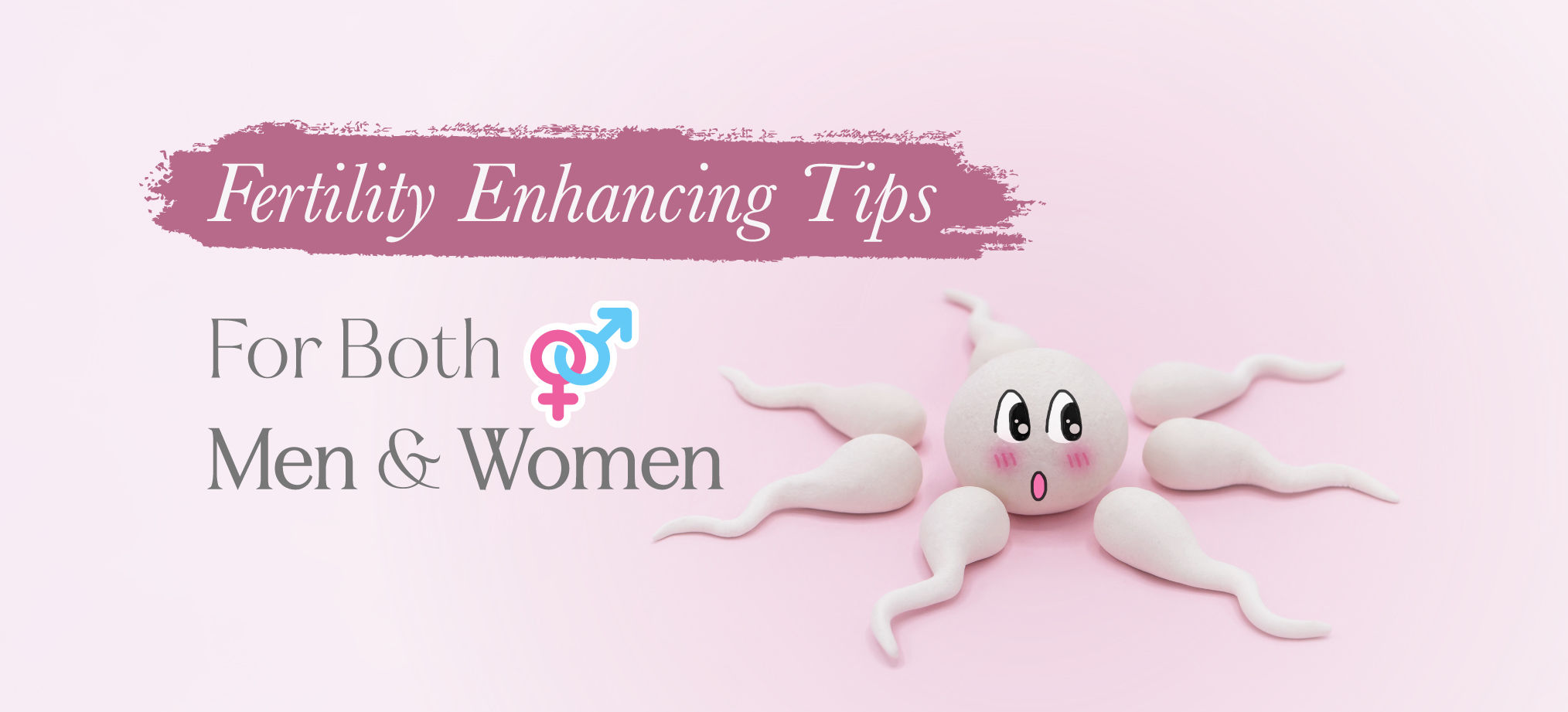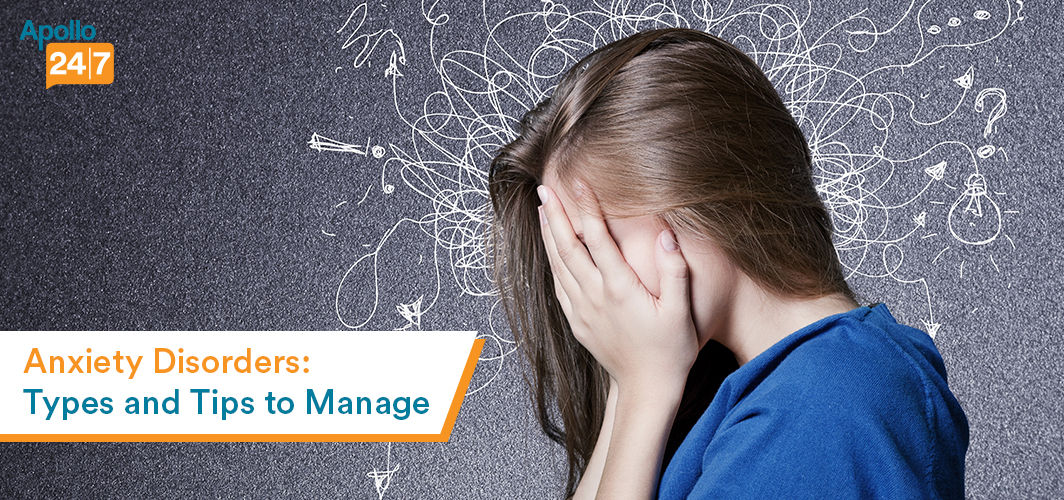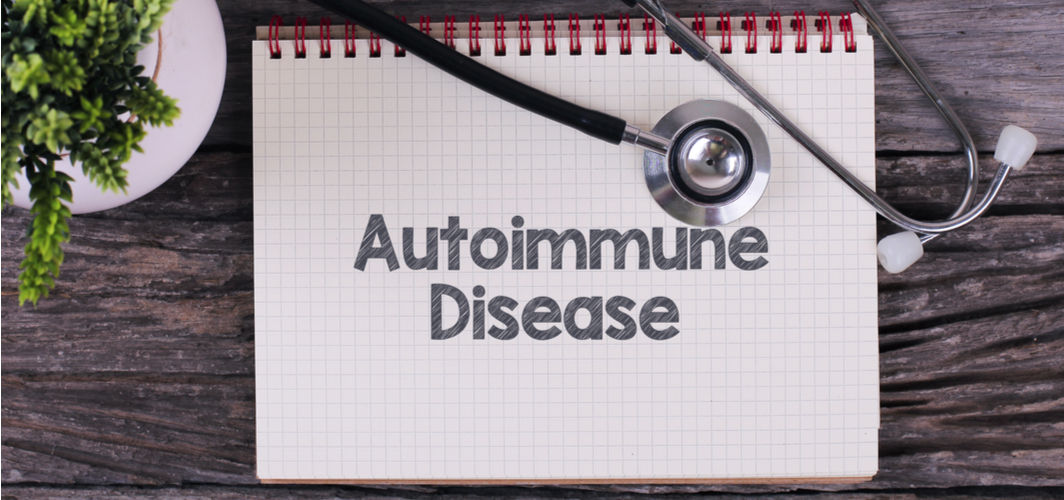General Health
Planning To Start A Family? Here Are Some Expert Tips To Enhance Fertility
4 min read
By Apollo 24|7, Published on - 31 March 2023, Updated on - 21 June 2023
Share this article
0
2 likes

When you are ready to start a family, it can be stressful to wait patiently for the pregnancy test to turn positive. The path to parenthood is often filled with blocks, of which the biggest and most common is fertility problems. Nearly 15% of couples worldwide suffer from fertility issues. The fertility of both men and women depends on a variety of factors such as diet, physical activity, environment, mental well-being, and others. Fortunately, there are a few steps you can take to naturally boost your fertility. Here are some tips you might find useful.
1. Quit Smoking
There is plenty of evidence that suggests smoking cigarettes adversely affects both female and male fertility. In women, smoking can interfere with ovulation rate, egg maturation, fertilisation rate, and follicle development. In addition, eggs that have been exposed to nicotine are more susceptible to chromosomal abnormalities. Moreover, women who smoke have lower chances of getting pregnant through IVF. In men, smoking reduces sperm motility and count. Also, it increases the abnormalities in sperm function and shape.
2. Avoid Alcohol Consumption
Moderate to high levels of alcohol intake in women is associated with an increased risk of ovulation dysfunction, hypothalamic-pituitary-ovarian dysfunction, abnormal development of the endometrial lining, and luteal phase defect. Moderate to high levels of alcohol intake in men is associated with a considerable reduction in sperm count and an increase in oestrogen levels, which hampers sperm development.
3. Take a Healthy Diet
Another way of boosting fertility is by sticking to a well-balanced diet, which includes plenty of fruits and veggies, low-fat meat, and low-glycemic index complex carbs such as soy products, grainy bread, oats and lentils. Make sure to pack your diet with lots of antioxidants like zinc and folate as they remove the free radicals from the body, which can otherwise damage eggs and sperm cells. Many studies show that dairy products, particularly those low in fat, can also promote fertility. Additionally, it's advisable to avoid processed, fatty, and sugary foods as they can affect hormone balance and reduce fertility.
For expert guidance on what to eat and not to eat,
4. Exercise Regularly
It's common knowledge that exercise is highly beneficial for several aspects of your health, including boosting fertility. Moderate physical activity such as cycling, swimming or even brisk walking can positively affect the fertility of both men and women, particularly in those suffering from obesity. However, it's vital to remember that moderation is key as excessively intense exercise can reduce fertility in women.
5. Stress Management
An increase in stress levels leads to a decrease in the chances of pregnancy. This is because of the excessive production of stress hormones such as cortisol and adrenaline. Indulging in stress management activities like meditation and breathing exercises can help boost fertility.
6. Limit Caffeine Intake
Many studies concluded a direct association between excessive caffeine intake (over 3000 mg per day) and low fertility in both women and men. Many experts advise that couples looking to conceive should either eliminate or limit their intake of caffeine. If you do not wish to quit, you must not drink more than a cup or two of coffee per day.
7. Time the Sex Correctly
Timing the sex can prove to be quite helpful in improving your chances of pregnancy. Once you have figured out your fertility window, create a sex schedule. It’s recommended to have sex every other day, from a few days before ovulation to a few days after. While having sex every day is also an option, some studies suggest that it can reduce a man’s sperm count.
8. Mind the Medications
Before planning a pregnancy, inform your doctor about all the medications you and your partner would be taking. This will help the doctor ensure that none of those medications affects your fertility and won’t lead to any harm to a foetus. For instance, men taking testosterone will have to discontinue their use. Further, women taking medicines to treat seizures, psychiatric disorders, or thyroid issues may have to be cautious. Besides, women who don’t take folic acid supplements should start as it can not only help prevent birth defects but also increase fertility.
You can keep these tips in mind to make sure things go as planned. If you have tried everything and nothing seems to work, then consult with a fertility expert who can suggest a viable alternative.
Consult Apollo's Fertility Expert
Medically reviewed by Dr Sonia Bhatt.
General Health
Leave Comment
Recommended for you

General Health
Anxiety Disorders: Types and Tips to Manage It
Anxiety disorders are characterized by persistent fear, overthinking, or intense worrying about known or unknown issues that interfere with day-to-day activities for at least six months.

General Health
Enlarged Adenoids: Causes, Symptoms and Remedies
Enlarged adenoids can block the nasal passage of the air, resulting in congestion, breathing difficulties, and other symptoms.

General Health
Do You Know That Your Body Can Harm Itself? Know How You Can Reduce That Risk!
Autoimmune diseases develop on their own and can be life-threatening. Read to know the early signs and the ways to prevent them.
Subscribe
Sign up for our free Health Library Daily Newsletter
Get doctor-approved health tips, news, and more.
Visual Stories

Science-backed Home Remedies for Burns and Blisters
Tap to continue exploring
Recommended for you

General Health
Anxiety Disorders: Types and Tips to Manage It
Anxiety disorders are characterized by persistent fear, overthinking, or intense worrying about known or unknown issues that interfere with day-to-day activities for at least six months.

General Health
Enlarged Adenoids: Causes, Symptoms and Remedies
Enlarged adenoids can block the nasal passage of the air, resulting in congestion, breathing difficulties, and other symptoms.

General Health
Do You Know That Your Body Can Harm Itself? Know How You Can Reduce That Risk!
Autoimmune diseases develop on their own and can be life-threatening. Read to know the early signs and the ways to prevent them.
